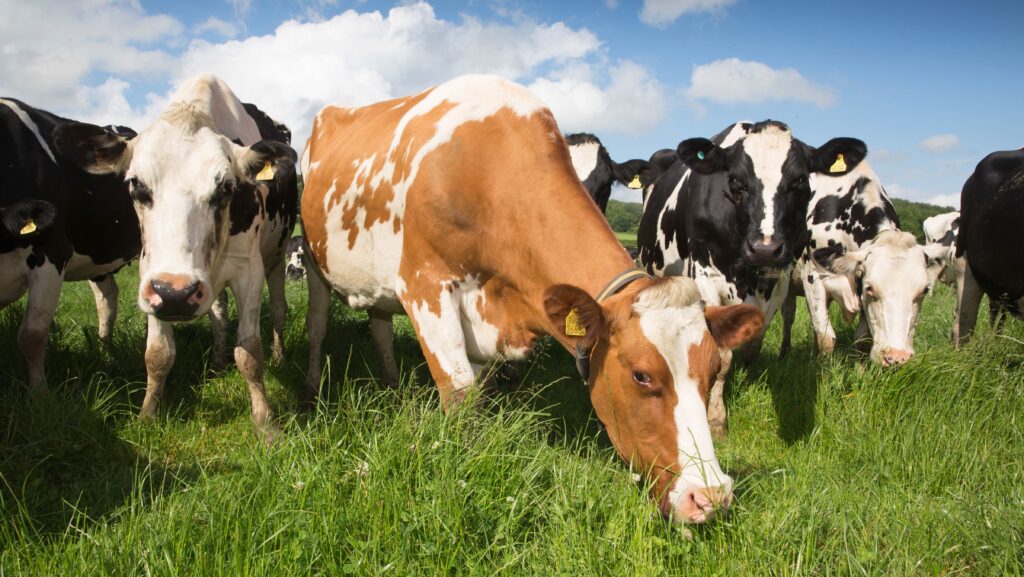Grazing dairies urged to help develop parasite forecast model
 © Tim Scrivener
© Tim Scrivener Dairy farmers with cows at grass can help researchers investigate parasitic disease in grazing herds by giving permission to have their milk tested.
Liverpool University postgraduate student and University Centre Reaseheath lecturer Sophie Park is seeking farmers to measure antibody responses to lungworm, liver fluke and brown stomach worm in bulk tank milk samples from across Great Britain.
Farms must be grazing lactating or dry cows and be milk recording with National Milk Records (NMR) or have their milk sent to the National Milk Laboratory (NML) by their processor.
See also: Vet Viewpoint: Lungworm, health plans and biosecurity
Sophie says the project aims to increase knowledge of parasitic disease in dairy cows and develop tools to predict when animals are at greater risk of disease through the season, improving sustainable parasite control.
“We hope to eventually develop something that can be used on the ground by farmers and vets to better inform parasite treatment and control in adult dairy cattle,” she told Farmers Weekly.
“Participating farms will receive their results for free at the end of the grazing season and will be able to see if and when their animals were exposed to each parasite.”
How the project works
Once farmers have given permission, their bulk tank samples will be tested monthly (using the Elisa test) to detect the presence of antibodies to lungworm, liver fluke and brown stomach worm.
This will give an idea of the level of infection at herd level.
This information will be used to develop parasite risk models by pulling in farm location, climate and weather data, as well as herd records from Herd Companion on farms using NM.
The project will run separate tests for each of the three parasite antibodies.
“This is why we need farms from across Great Britain if possible, so we have a good geographical coverage,” adds Sophie.
What farmers need to do
- Complete the eligibility questionnaire and sign up to the study.
What is the benefit?
- Get free monthly test results at the end of the grazing season. These can be discussed with the farm vet and help to determine the current infection status for each parasite on farm.
- Providing data from farms across GB should help improve sustainable parasite control in dairy cattle.
